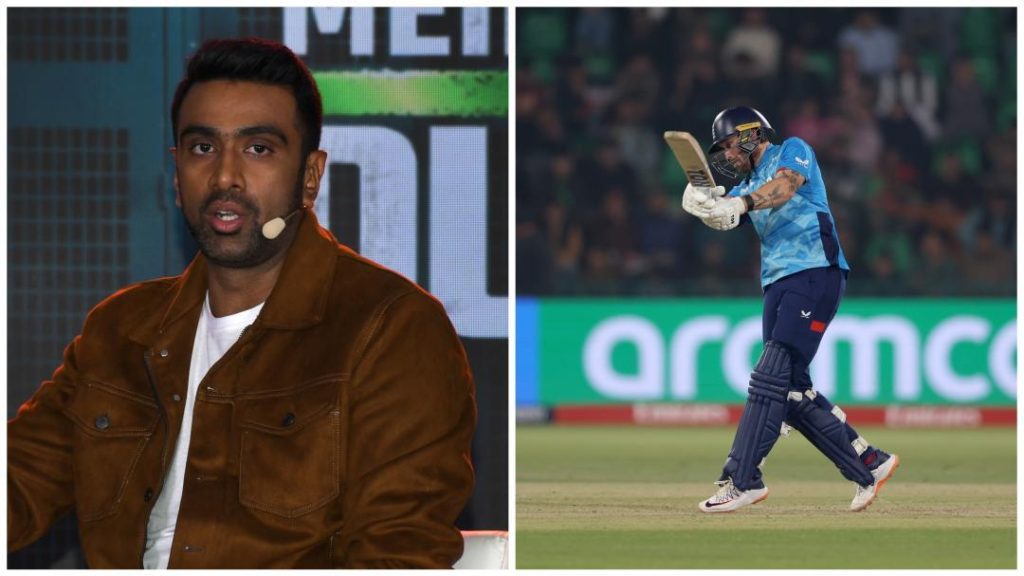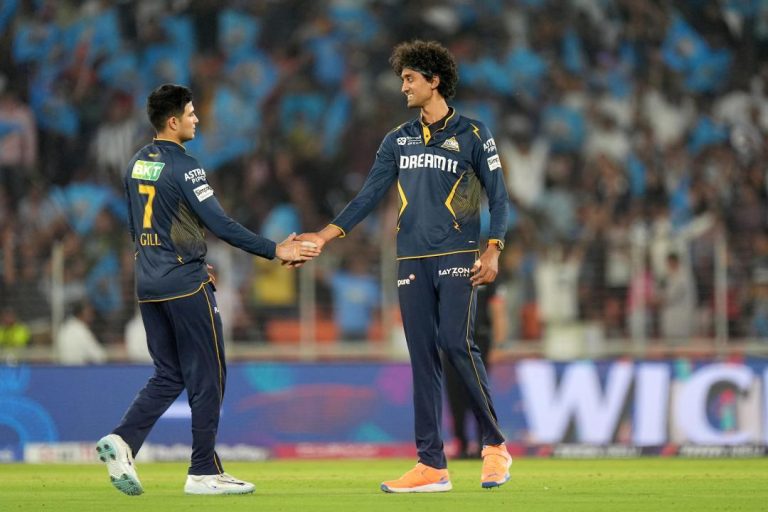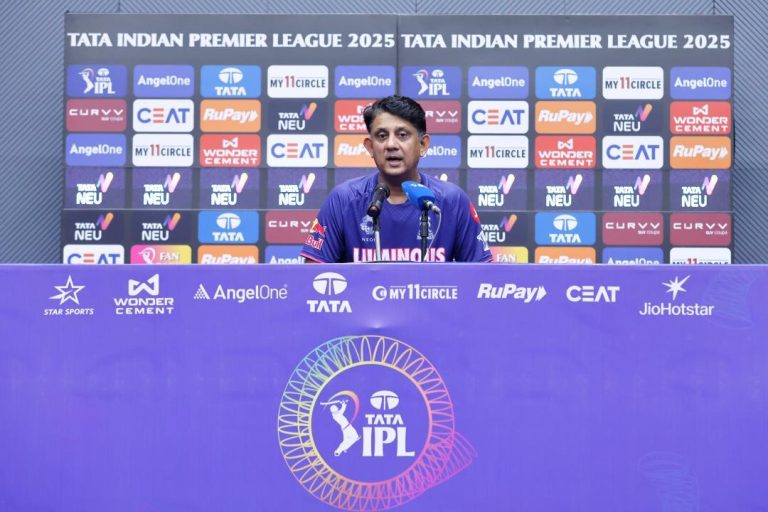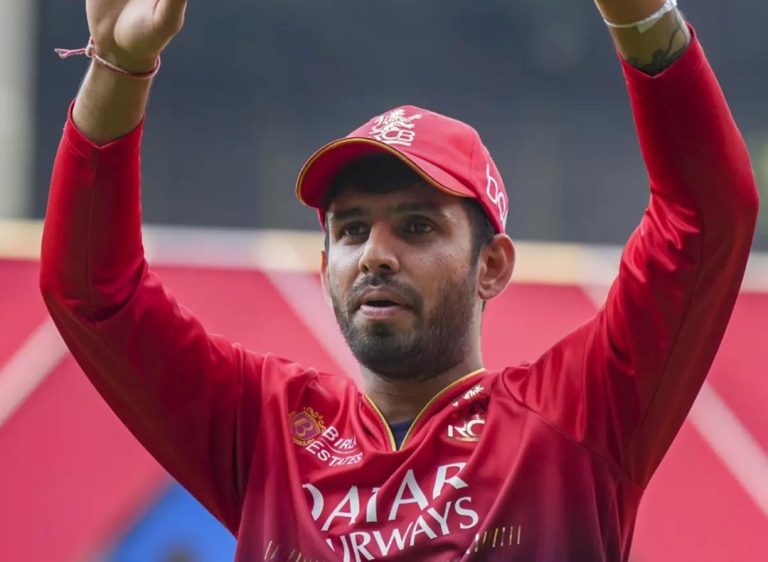
Why so much impatience: Ashwin questions Phil Salt’s ODI approach
In a recent video on his YouTube channel, legendary Indian cricketer Ravichandran Ashwin expressed his surprise and disbelief over Phil Salt’s impatience to stick around and bat long in One-Day Internationals (ODIs). Ashwin’s remarks have sparked a debate in the cricket fraternity, with many fans and experts weighing in on the issue. In this blog post, we’ll delve into the context of Ashwin’s comments and explore the implications of Salt’s aggressive approach in ODIs.
Phil Salt, a young and talented English batsman, has been making waves in international cricket with his aggressive batting style. In ODIs, Salt has been known to take the attack to the opposition from the word go, often looking to score quickly and take the game away from the opposition. While this approach has yielded some impressive results, it has also raised eyebrows among fans and experts, including Ashwin.
In his video, Ashwin questioned Salt’s approach, saying, “Phil Salt is a next-level player. What’s the need for such impatience?” Ashwin added, “Even I can’t sit down and watch the entire 50 overs. There is so much time.” These comments have sparked a debate about the ideal approach in ODIs, with some fans defending Salt’s aggressive style and others agreeing with Ashwin’s sentiments.
One of the key arguments in favor of Salt’s approach is that ODIs are a format that rewards aggressive batting. The format’s shorter duration and higher scoring rates make it an ideal platform for batsmen to take risks and score quickly. In this context, Salt’s approach can be seen as a logical response to the demands of the format.
However, Ashwin’s comments also highlight the importance of patience and discipline in ODIs. As he pointed out, there is often a lot of time available in ODIs, and batsmen need to be able to rotate the strike, build partnerships, and wear down the opposition bowlers. Salt’s impatience may lead to a loss of wickets and momentum, which can be crucial in a format where every run counts.
Ashwin’s comments also raise questions about the way teams approach ODIs. In recent years, many teams have adopted an aggressive approach to ODIs, with batsmen often looking to score quickly and take the game away from the opposition. While this approach has yielded some impressive results, it has also led to a lack of patience and discipline among batsmen.
In this context, Ashwin’s comments can be seen as a call to arms for teams to adopt a more balanced approach to ODIs. Batsmen need to find a balance between aggression and patience, and teams need to find a way to rotate the strike and build partnerships while still scoring quickly.
The debate surrounding Salt’s approach is not limited to Ashwin’s comments. Other experts and fans have also weighed in on the issue, with some defending Salt’s aggressive style and others agreeing with Ashwin’s sentiments.
Former Indian batsman Virender Sehwag, for example, has defended Salt’s approach, saying, “In today’s cricket, you need to be aggressive to succeed. You can’t just play defensively and hope to win. Phil Salt is a talented player who knows how to play the game.”
On the other hand, former Australian batsman Mark Waugh has agreed with Ashwin’s sentiments, saying, “ODIs are a format that requires patience and discipline. You need to be able to rotate the strike, build partnerships, and wear down the opposition bowlers. Phil Salt’s impatience may lead to a loss of wickets and momentum.”
In conclusion, Ashwin’s comments on Phil Salt’s ODI approach have sparked a debate in the cricket fraternity. While Salt’s aggressive style has yielded some impressive results, it has also raised questions about the importance of patience and discipline in ODIs. As the format continues to evolve, teams and batsmen need to find a balance between aggression and patience to succeed.






